One of the key discoveries was the identity of James Turner of Crystal Palace, who was elected onto the FA's first committee and is therefore considered to be one of the FA's "founding fathers". Unfortunately, the FA and their researchers from University of Central Lancashire failed to identify him despite several months of a high profile campaign - but I'm happy to oblige.
His story is published in his home town today, in the Croydon Advertiser, at this link. I also publish the full article below:
The FA’s first money man: James Turner of Crystal Palace
When the Football Association held its jubilee dinner in 1913, a big fuss was made over two surviving ‘originals’ from 1863, Ebenezer Morley and Alfred Mackenzie, who had a seat of honour on the top table and were presented with silver caskets.
There should have been another man alongside them. James Turner of Croydon had played a key role in founding the FA, but his contribution to the early days of football was overlooked in 1913. Now, a century on, the FA still could not track him down for their ‘founding fathers’ project, but this pioneer footballer can finally be given the recognition he deserves.
For four years Turner held the purse strings of our fledgling national game, having taken over the role of treasurer from a disgruntled rugby player. Yet when the inaugural meeting of the FA took place on 26 October 1863, Turner had other things on his mind as his eldest son had been born just two days earlier. However, he contributed to the next three crucial meetings as the rules were thrashed out and found himself elected to the FA’s first committee.
Three office bearers had been chosen to lead the FA, Arthur Pember as president, Ebenezer Morley as secretary, and Francis Campbell as treasurer. Once the rules were agreed after six mammoth sessions, Turner was appointed as one of four additional committee members, alongside JF Alcock, GT Wawn and HT Steward.
These men are now considered the Founding Fathers of the FA, but it was no easy birth. An irrevocable division between the kicking and handling codes caused the withdrawal of Blackheath, and that meant their rep Francis Campbell would soon stand down as treasurer. Campbell had so little involvement beyond those acrimonious early debates, that Turner can be considered as the first ‘proper’ treasurer of the FA.
Not that looking after the accounts was a particularly taxing role: there were no gate receipts or sponsors, just subscriptions from a small number of clubs. The FA held few meetings (none at all between October 1864 and February 1866), and its membership dwindled to just ten clubs. In 1868, new blood was recruited to the committee and Turner stepped down.
His club was Crystal Palace – no relation to the current Barclays Premier League side – who were formed out of the cricket club of the same name before football was codified, initially to give the cricketers some winter exercise. With a ground at Penge, their colours were black and scarlet striped shirts and socks, with dark blue serge knickerbockers. Drawing their membership from the merchants, accountants and stockbrokers of the suburban middle class in south-east London, Crystal Palace were hugely influential as founders of the FA, with representatives present at all six of the inaugural meetings. Later, the first two captains of England, Cuthbert Ottaway and Alexander Morten, would play for the club before it ran out of steam and folded in the mid-1870s.
Turner’s dedication to football went far beyond financial matters in an era when administrators were also players. He is first recorded playing for the side in March 1862 against the Forest Club, which featured Charles Alcock and his brother. He took part in a special match to demonstrate the new laws of the game in January 1864 at Battersea Park, playing for an FA President’s team which defeated the Secretary’s select 2-0, and further honours came his way in 1868 when he was selected for Surrey against Kent. Turner continues to appear in club line-ups throughout the 1860s, often as captain, and was still there when Palace met Hitchin in the first FA Cup competition in November 1871. He also sometimes opened the batting for the Crystal Palace cricket team.
He was born in Croydon on 6 December 1839, son of Thomas Turner, an eminent vet who was first president of the Royal College of Veterinary Surgeons. Educated at the nearby Streatham Academy, he was so close to the Crystal Palace club that he married Rachel, sister of the Lloyd brothers (Robert, Theodore, Henry and Alfred) who were all regulars in the team. In fact, Henry and Theodore accompanied him to a couple of those FA meetings in the autumn of 1863.
James lived all his life in Croydon and built up a successful business in the wine trade. He and Rachel had eight children and ironically, having seen off the rugby faction at the FA, two of his sons, Howard and Errol, played rugby at county level for Surrey.
After his wife died in 1907 he retired to nearby Addiscombe, while the family home for over fifty years, Netherton in Wellesley Road, was bought by the Croydon Labour Party and renamed Ruskin House. It was demolished in the 1960s, along with much of Croydon town centre, to make way for office blocks.
James Turner was one of the last surviving founders of the FA, outlived only by Ebenezer Morley, and died aged 82 while visiting Eastbourne on 27 July 1922. He left over £9,000 in his will to his five surviving children.
Palace Originals
As well as James Turner, the original Crystal Palace FC was represented by a number of members at the FA’s six founding meetings in 1863, who were all prominent local businessmen.
Club secretary Francis Day (1838-1886) was owner of the Bermondsey Brewery, and there were the Lloyd brothers Henry (1841-1869), an insurance agent, and Theodore (1834-1904), a stockbroker who refereed the 1873 England v Scotland match.
The others were wine merchant Frederick Urwick (1842-1915), indigo merchant John Louis Siordet (1839-1882), and an accountant, Lawrence Vivian Desborough (1844-1892).
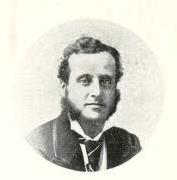
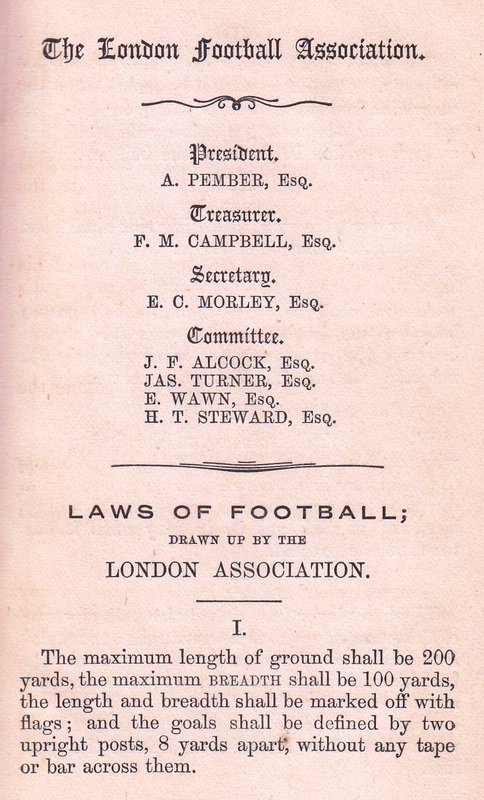
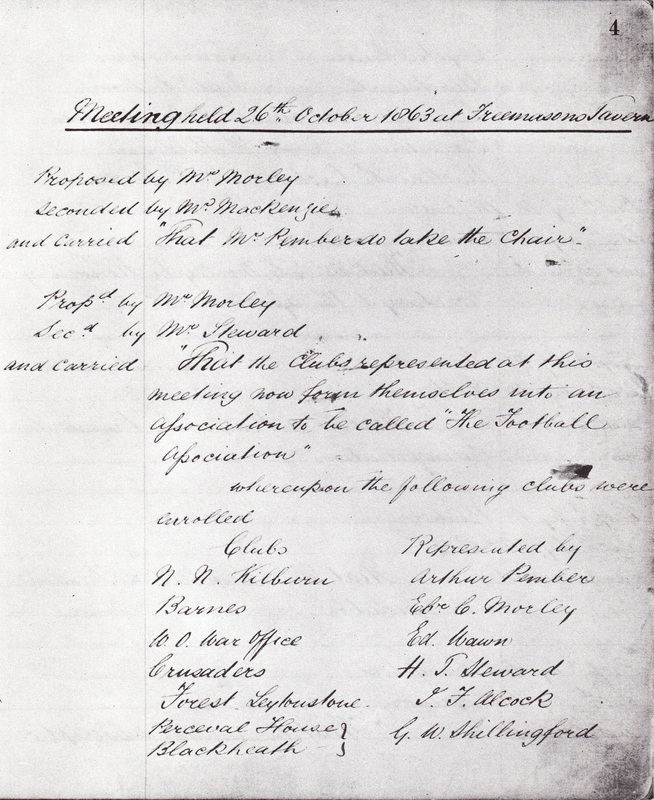
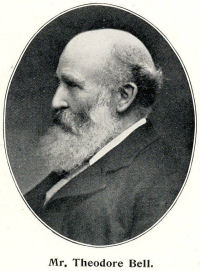
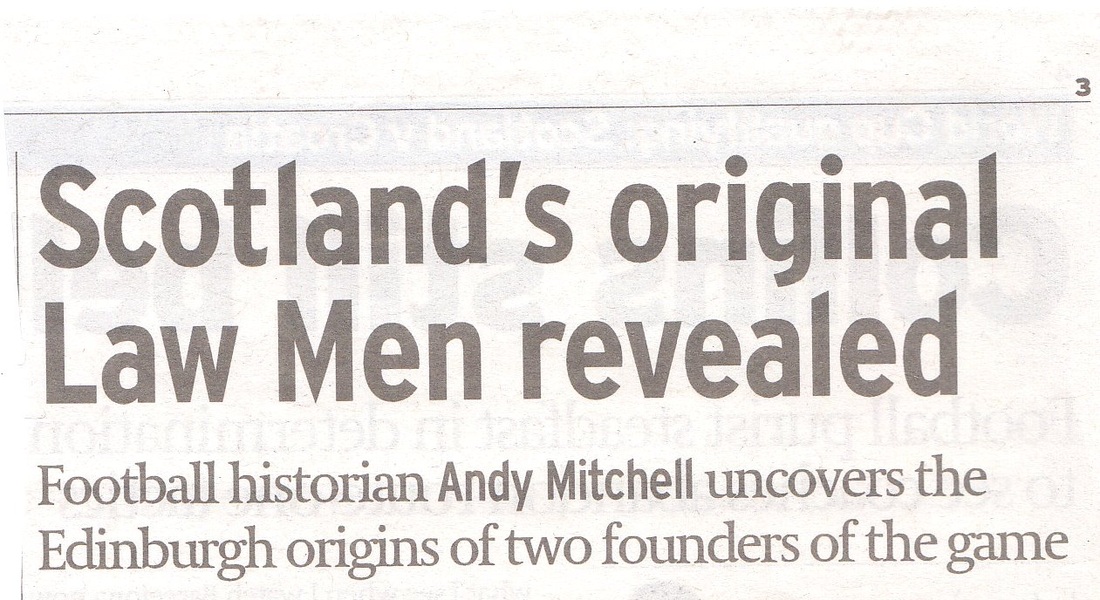
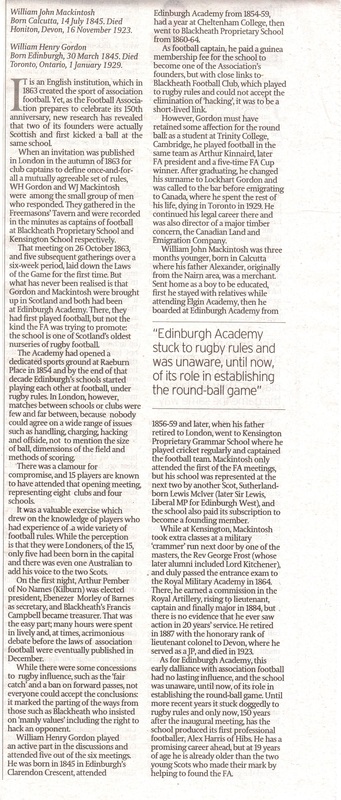
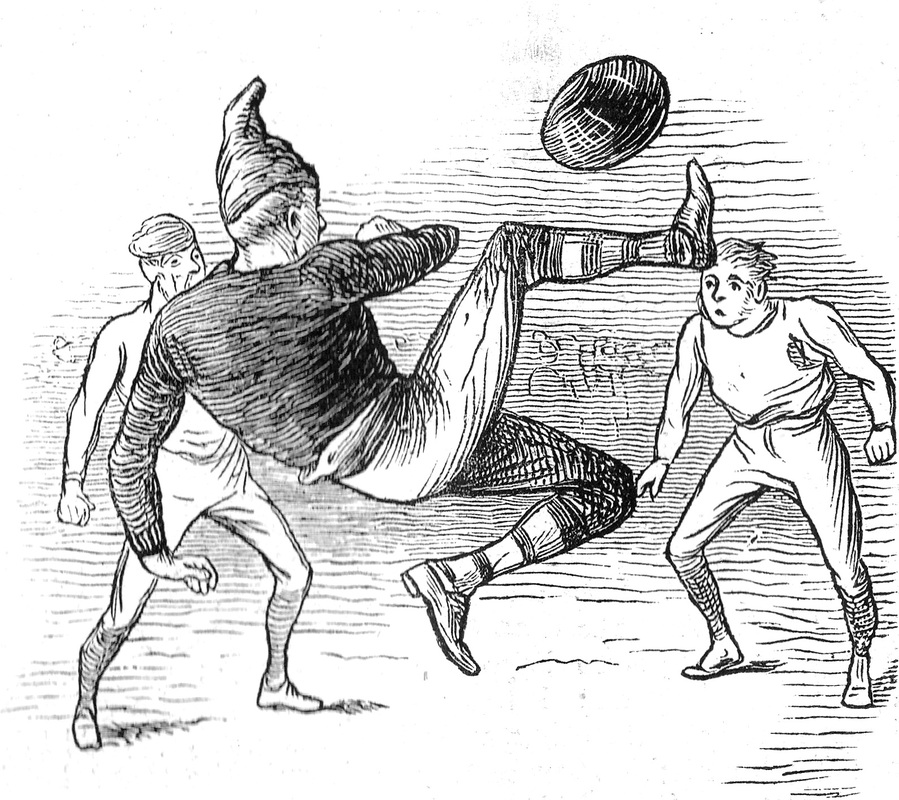
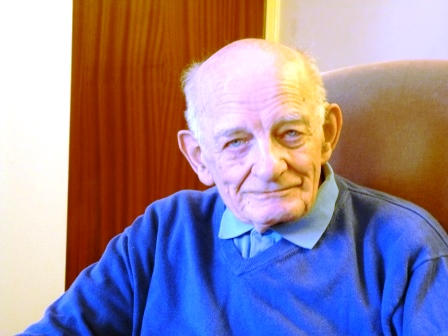
 RSS Feed
RSS Feed